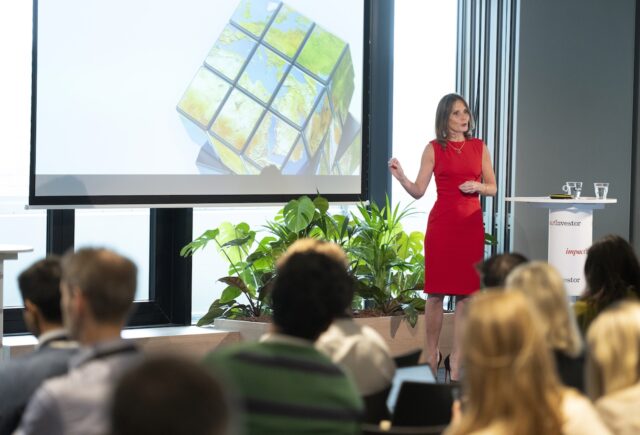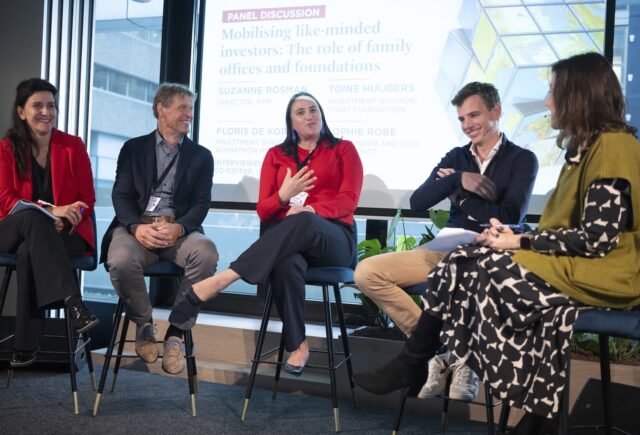A survey by Fidelity Charitable shows that millennials are much more likely to become impact investors than older generations, as values-based investment takes priority over charitable giving

Millennials are much more likely to make impact investments than older investors, according to a survey carried out for US-based non-profit Fidelity Charitable.
Some 61% of millennials said they participated in impact investing, compared to only one third of all investors. A similar percentage of millennials (62%) said they believed impact investment has a greater potential than traditional forms of philanthropy to create long-term positive change.
By contrast, 72% of baby boomers – those born between the second world war and mid-1960s – said charitable giving rather than impact investment was a better way to create change.
The Fidelity Charitable study examined impact investing and charitable giving among 1,216 investors in the US, who have a minimum of $25,000 in investable assets outside of an employer retirement plan.
Scott Nance, vice president of impact investing at Fidelity Charitable said the survey suggested investors were increasingly interested in making investments tally with their broader values and desire for social change. “The trend toward values-based investing will only grow as millennials come to control a larger share of wealth,” he said.
Although only one third of all investors make impact investments, 40% of those yet to do so said they would consider making their first impact investment in the coming year. Of those who already do, 41% said they plan to increase the amount they allocate to impact investments, the survey found.
Retail investors
Lack of knowledge is the most common barrier to participation in impact investing, cited as a factor by 39% of non-participants. Of those already making impact investments, 42% learned about it from their financial advisor and 30% from an investment firm.
Current impact investors most commonly invest in either mutual funds or individual publicly traded companies screened for certain criteria, such as environmental, social, or governance themes.
Half of impact investors polled said they aligned their investment choices with environmental themes, 27% aligned with social themes and 16% with governance themes.
Fidelity said its Giving Accounts, through which donors can combine philanthropy with impact investing had seen a 67% rise in assets allocated to impact investments to $3 billion in 2021.
The survey’s findings chime with other evidence showing that retail investors are increasingly interested in impact investment opportunities, and the arrival of a new wave of impact investment platforms and funds, seeking to bring younger, affluent investors into the market, as recently covered by Impact Investor.





